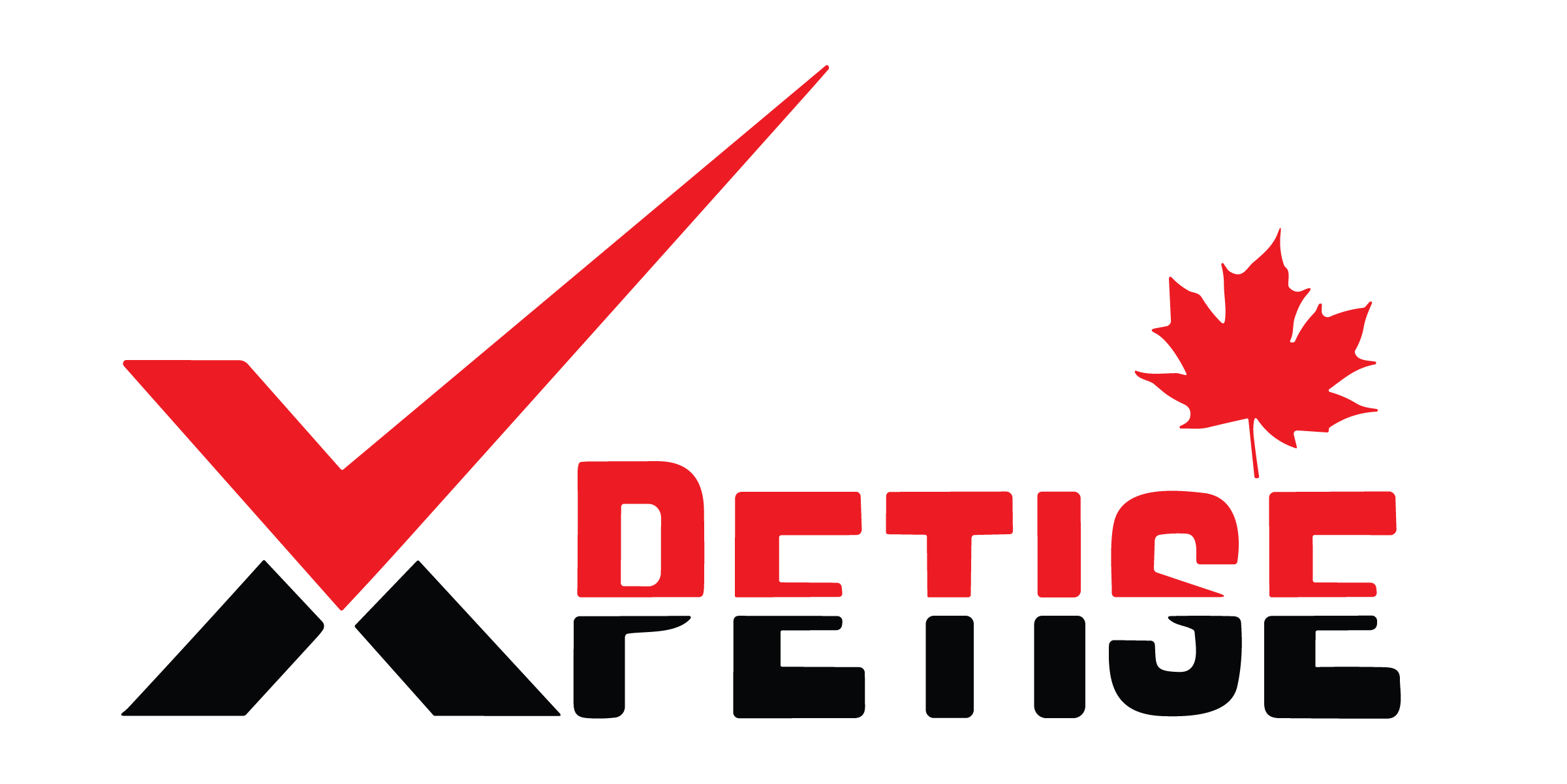Essential Business Trainings
for Employees
Investing in employee training and development is crucial for enhancing workforce skills, improving productivity, and fostering a positive organizational culture. Here are key areas of training that can benefit employees across various levels and functions.
Onboarding and Orientation
Company Policies and Procedures: Introduction to the company’s rules, regulations, and procedures.
Company Culture: Familiarization with the company’s values, mission, and vision.
Role-Specific Training: Detailed training on job responsibilities and expectations.

Technical Skills Training
Software and Tools: Training on specific software, tools, and technologies used in the workplace.
Industry-Specific Skills: Skills specific to the industry, such as coding for IT, machinery operation for manufacturing, etc.
Product Knowledge: Comprehensive understanding of the products or services offered by the company.
Soft Skills Training
Communication Skills: Effective verbal and written communication, active listening, and presentation skills.
Teamwork and Collaboration: Building strong team dynamics, conflict resolution, and collaborative problem-solving.
Time Management: Techniques for managing time effectively and prioritizing tasks.

Leadership and Management Training
Leadership Development: Training on leadership styles, strategic thinking, and decision-making.
People Management: Skills for managing teams, performance reviews, and providing constructive feedback.
Change Management: Preparing employees to handle organizational changes smoothly.
Health and Well-being Training
Stress Management: Techniques for managing stress and maintaining work-life balance.
Health and Wellness Programs: Encouraging healthy lifestyles through wellness programs.
Mental Health Awareness: Promoting mental health awareness and support resources.

Customer Service Training
Customer Interaction: Techniques for handling customer inquiries, complaints, and providing exceptional service.
Sales Skills: Training on sales techniques, negotiation skills, and upselling.
Customer Relationship Management (CRM): Effective use of CRM systems to manage and analyze customer interactions.
Compliance and Ethics Training
Regulatory Compliance: Understanding industry-specific regulations and compliance requirements.
Workplace Ethics: Training on ethical behavior, anti-discrimination policies, and workplace harassment prevention.
Safety Training: Ensuring employees are aware of and adhere to workplace safety protocols.

Diversity and Inclusion Training
Cultural Awareness: Promoting understanding and respect for diverse cultures and backgrounds.Inclusive Practices: Techniques for fostering an inclusive work environment.
Unconscious Bias Training: Identifying and mitigating unconscious biases in the workplace.
Innovation and Creativity Training
Creative Thinking: Encouraging innovative thinking and problem-solving skills.
Idea Generation Techniques: Methods for brainstorming and generating new ideas.
Innovation Implementation: Training on how to implement innovative ideas effectively.

Project Management Training
Project Planning: Techniques for planning and organizing projects.
Risk Management: Identifying and mitigating project risks.
Project Execution: Training on project execution, monitoring, and evaluation.
Delivery Methods for Employee Training

01
- Interactive and hands-on training sessions.
- Opportunity for real-time feedback and networking.

02
- Flexible and accessible learning options.
- Can be self-paced or instructor-led.

03
- Comprehensive learning management systems (LMS) for tracking progress and assessments.

04
- Practical training under the guidance of experienced colleagues or supervisors.
- Immediate application of learned skills.

05
- Personalized guidance and support from mentors or coaches.
- Focused on individual development needs.

06
- Collaborative learning through group exercises and activities.
- Encourages team building and knowledge sharing.
Employee training is a vital investment for any organization aiming to enhance skills, boost productivity, and foster a positive work environment. By offering comprehensive training programs in various areas, businesses can ensure that their employees are well-equipped to meet the challenges of their roles and contribute to the company’s success.

